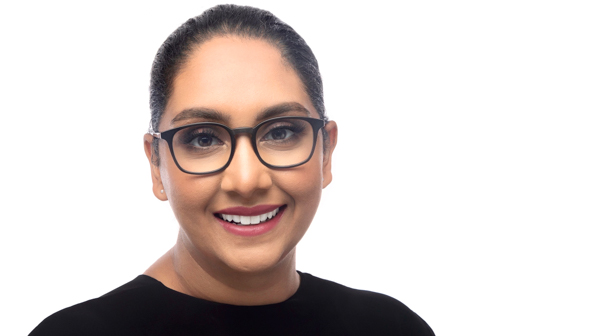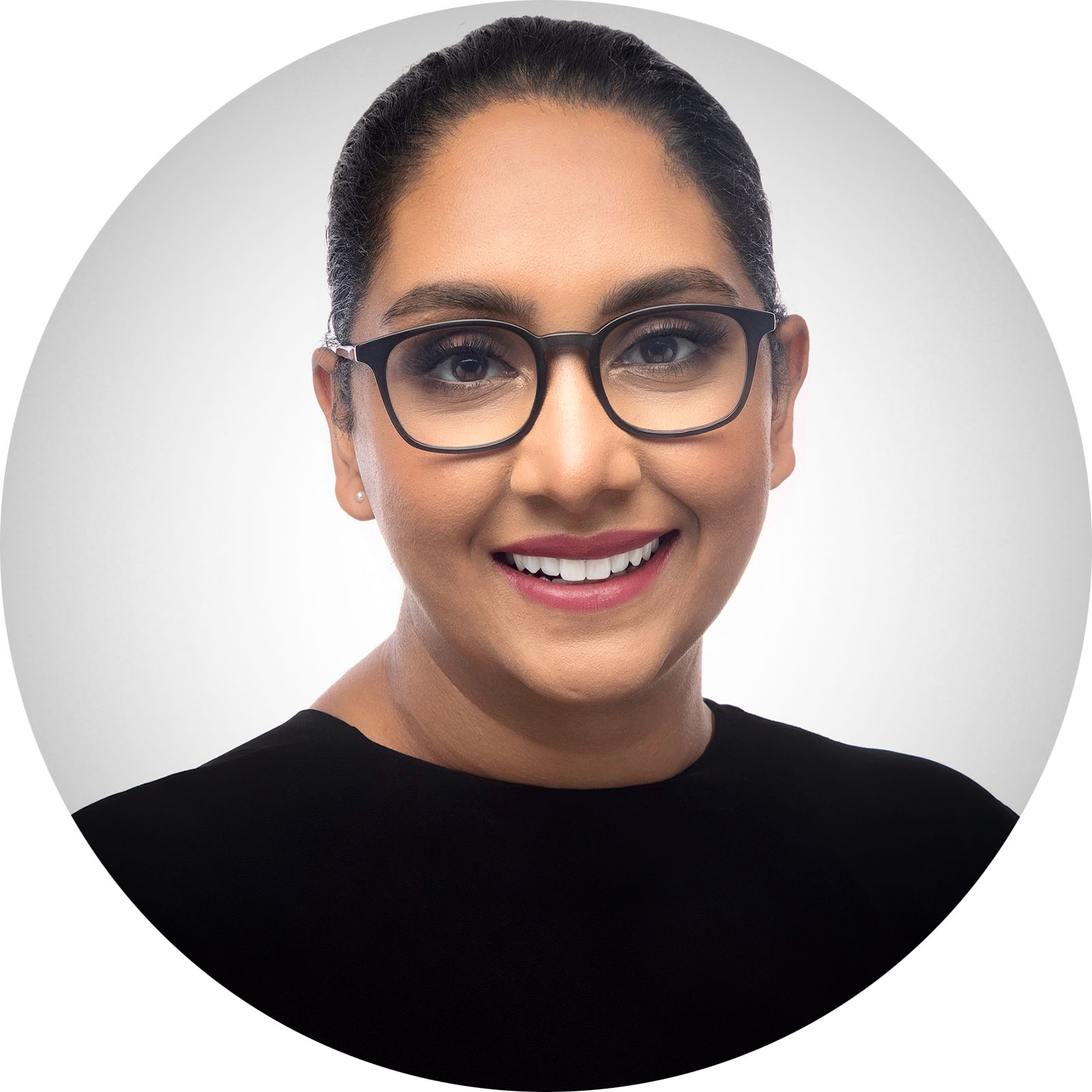
Bhavan Sodhi was in the very last semester of her studies at the University of Guelph-Humber when she finally found her career calling.
At the time, the Business alum was struggling to decide on a direction after graduation. She had originally chosen to study business because the subject had always come naturally to her and she had always admired her entrepreneur father.
But at the same time, Sodhi had also long harboured an interest in law and social justice. Her parents emigrated from India during a time of upheaval and unrest, when young Sikh men were going missing after encounters with police or being incarcerated without appropriate legal process.
As passionate as she was about criminal justice issues, Sodhi didn’t necessarily see how her interest in advocacy could connect to her career goals — until one of the last courses she took at the University of Guelph-Humber shifted her perspective.
“When I look back on my final year at Guelph-Humber, it’s the smallest thing that made the biggest difference,” Sodhi said. “I took a course on leadership in my last semester that allowed me to reflect on the change that I was directly contributing to the world and what I wanted my impact to be. It helped me understand that I could take the things that I’m passionate about and truly effect change.
“Reflecting back, that’s where the spark to make a difference initially happened.”
A decade later, that spark is still burning as brightly as ever.
In fact, Sodhi is now the Chief Program Officer at the Innocence Project, a New York-based non-profit committed to reforming the criminal justice system, exonerating, and restoring freedom for the innocent, and preventing people from being wrongfully convicted of crimes.

I love my work to the point that it doesn’t feel like work,” Sodhi said. “I'm so fortunate that I truly wake up excited at the prospect of doing my job.
Charting a path
Sodhi began attending Osgoode Hall Law School roughly a year after graduating from Guelph-Humber.
Although her business background might have primed her to study corporate law, Sodhi instead found herself shaping her courses, research, and articling work around her growing interest in criminal law and forensic science.
“I went from not knowing anything about this subject matter to dedicating every facet of my law school experience to criminal law. Frankly, I became obsessed with learning as much as I could because I was so motivated and excited,” Sodhi recalled.
“It wasn’t something I did because I had to, instead it was something I really and truly loved doing.”
After graduating, Sodhi was building experience as a criminal defence lawyer and per diem Crown Attorney when two major opportunities arose.
First, a professor at Osgoode Hall offered her the chance to take over as Executive Director of the Innocence Project there, which she enthusiastically accepted. The very same week, Sodhi heard about a somewhat related opportunity: Innocence Canada was looking for a Legal Director. Though she initially doubted she was qualified for the position, Sodhi applied after being urged to do so by others, and she got the job.
“I was granted this beautiful opportunity to do these dual, related positions,” she said.
In those jobs, Sodhi relished the chance to guide the Innocence Project at Osgoode while overseeing the national caseload for this type of work in her full-time role.
Just as she was beginning to wonder what might be next professionally, she came upon a job posting with the New York-based Innocence Project. The possibility of expanding her work beyond our borders intrigued Sodhi.
“Just as Innocence Canada represented the height of the work in Canada, the Innocence Project in New York represented the height of the innocence movement across the world,” said Sodhi.
She applied for a Director of Intake and Case Evaluation, but again assumed she wasn’t qualified. Six months later, she got an offer.
“It was the craziest decision in the middle of the pandemic — my husband and I got married, we moved to Brooklyn, and I suddenly had the opportunity to manage a team of 15 wonderful people,” she recalled.
Just a year later, Sodhi stepped into an even larger role: Chief Program Officer.
Now, she guides all the Innocence Project’s programmatic teams, including teams devoted to post-conviction litigation, strategic litigation, intake and case evaluation, policy, data science and research, and social work.
“I love my work to the point that it doesn’t feel like work,” Sodhi said. “I'm so fortunate that I truly wake up excited at the prospect of doing my job.”
An invaluable support system
Looking back at her career, Sodhi senses a trend: too often, she would find herself doubting her own qualifications. Fortunately, Sodhi had a number of mentors who saw potential in her that she was sometimes slow to recognize.
“When I reflect on the last 10 years, I realize I’ve often been my own worst enemy when it comes to telling myself that I don’t have the right experience for these roles,” she said. “That hasn’t been the case with other people’s perceptions of me.”
One of those people who saw Sodhi’s potential early on was University of Guelph-Humber business instructor Michael Morrone, who wrote Sodhi’s letter of recommendation when she applied to Osgoode Hall.
“I have no doubt that Bhavan will excel in any endeavour or profession she chooses to pursue, but her character and talents give her the potential for more than a successful career,” Morrone wrote.
“A few people make a difference in society. They help build our community and improve it for everyone’s benefit. I truly believe that Bhavan Sodhi is one of these people.”
Sodhi is still grateful to Morrone and other Guelph-Humber faculty for having that belief in her.
“Guelph-Humber is such a gift. I truly felt my professors were invested in my success beyond my experience in the classroom,” Sodhi said.
“The faculty is unlike anywhere else because I mattered. I wasn't just a student number. That was important to me because my commitment and my time were valued and reciprocated. I was able to engage with my professors, and I don’t think I would necessarily have had the opportunity to do that elsewhere.
“I credit that with largely giving me the confidence to accomplish what I was able to after graduating.”
Of course, the most important mentors along Sodhi’s path were her parents. Growing up, Sodhi saw how hard they worked to provide opportunities for her — her father owned a small business while her mother spent 30 years working the night shift in a plastic factory — and she was determined to make the most of those opportunities.
“My parents always remind me that no matter what I do, I have a responsibility to always think of the greater good,” Sodhi said. “My mom and dad are such hard-working people. They gave me opportunities they never had and so I feel a real sense of obligation to make that count.
“As a result, I was able to carve out a career path for myself that I could only have dreamed of. Honestly, I don’t even think I could have dreamt this.”

